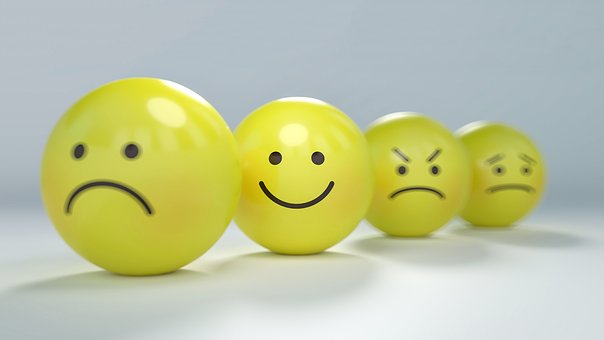
07 Oct Why 24/7 work culture is causing workers to burn out
Why 24/7 work culture is causing workers to burn out
This past May, the World Health Organization classified burnout as an “occupational phenomenon” that is characterized by chronic work stress. And according to Dr. Michael Klein, workplace cultures that encourage employees to be available 24/7 may be causing burnout and other mental health issues like anxiety and depression. Read this blog post to learn more.
Workplace culture that encourages employees to be available 24/7 may be causing burnout and other mental health issues like anxiety and depression.
That’s according to business psychologist and workplace adviser Dr. Michael Klein, who says companies that encourage employees to work anytime and anywhere is making it more likely that burnout will occur.
“The problem now is when you have the ability to work from wherever you want,” he says. “It’s so important for general wellness to make time to exercise, time for family and to not check work email.”
In May, the World Health Organization classified burnout as an “occupational phenomenon” that is characterized by chronic work stress that is not successfully managed. Research shows that continued stress at work can lead to more serious mental health conditions like depression and anxiety.
As a result, Klein predicts the next few years will see an increased need for on-site mental healthcare which could be offered through employee assistance programs. Offering EAPs, flexible work options and family-friendly benefits like onsite childcare are just some of the ways employers can reduce stress for workers.
And HR may need to take the lead. Misty Guinn, director of benefits and wellness at Benefitfocus, says finding HR professionals that can handle difficult conversations around mental health may be key to addressing the problem. But many are not comfortable enough to have those kinds of conversations.
“Most have yet to achieve that level of comfort with conversations around mental health,” she says, noting that younger generations are often more comfortable talking about mental health issues. “We’ve got to enable people, especially within HR, benefits and management to have those conversations and be comfortable with them.”
Guinn also says that EAPs alone may not be enough to address mental health issues for workers because these programs are often scarcely utilized. Subsidizing mental health co-pays, work-life balance and PTO policies are benefit options employers to create a meaningful difference for workers mental health, she adds.
“Too often employers make the mistake of believing that offering an employee assistance program sufficiently checks off the mental health box in a complete benefits package,” she says. “In reality, these programs generally have low utilization because employees don’t have confidence in how confidential they are.”
Klein and Guinn agree that employers should consider more ways to support the total well-being of employees. Companies who prioritize their people will do better in the long term, Guinn adds.
“Employers need to take purposeful actions within their policies and programs to reinforce their support of total well-being for employees and their families,” she says.
SOURCE: Hroncich, Caroline. (June 10th, 2019) “Why 24/7 Work Culture is Causing Workers to Burn Out” (Web Blog Post) https://www.employeebenefitadviser.com/news/24-7-work-culture-is-causing-workers-to-burn-out






